Ghana’s economic progress over the last 20 years has been laudable. Economic growth is averaging more than six percent each year and the country is among the few in Sub-Saharan Africa expected to meet the Millennium Development Goal of halving the poverty rate by 2015. However, despite significant growth and improvements in the quality of life, Ghana still faces persistent development challenges that need to be resolved in order to emerge as a true middle-income country.
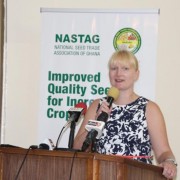
On August 24, the United States Agency for International Development (USAID), through the U.S. government’s Feed the Future Initiative, launched the National Seed Trade Association of Ghana (NASTAG), in collaboration with the Ministry of Food and Agriculture and other development partners. NASTAG is a partnership between producers, traders, government institutions and processors in the seed industry.
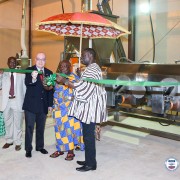
On Monday, U.S. Ambassador Robert P. Jackson, Otumfuo Adontehene, Minister of Business Development Hon. Ibrahim Awal Mohammed, and Ashanti Regional Minister Honorable Simon Osei-Mensah launched a commercial groundnut processing facility at the Kumasi factory of Project Peanut Butter, an NGO devoted to combatting undernutrition by producing effective ready-to-use therapeutic foods. The groundnut processing facility was provided through a partnership between the United States Agency for International Development (USAID), The Hershey Company, and Rotary International.
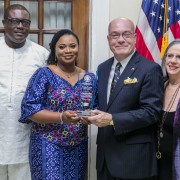
U.S. Ambassador Robert P. Jackson presented Electoral Commission Chair Charlotte Osei with the U.S. Embassy’s Women of Courage Award on August 22, in honor of her work in managing the administration of a transparent and credible election in 2016, as well as her efforts to boost inclusion and civic engagement. Ambassador Jackson and Ms. Osei were joined at the ceremony by representatives from the Electoral Commission, the National Commission on Civic Education, the U.S. government, members of the diplomatic community, civil society, and selected Ghanaian leaders.
2016 was truly a landmark year for Ghana. We spent much of the year working with our partners to ensure the December general election was free, fair, and peaceful. We partnered with the Electoral Commission of Ghana to improve its communication with voters and overall effectiveness. We collaborated with civil society to ensure the elections were inclusive—and to support a robust election observation program. And we worked with religious leaders, traditional leaders, and communities to promote peaceful conflict resolution. I was privileged to witness the election and ensuing peaceful transition of power between political parties last December. This cemented Ghana’s status as a rolemodel of peaceful democracy.








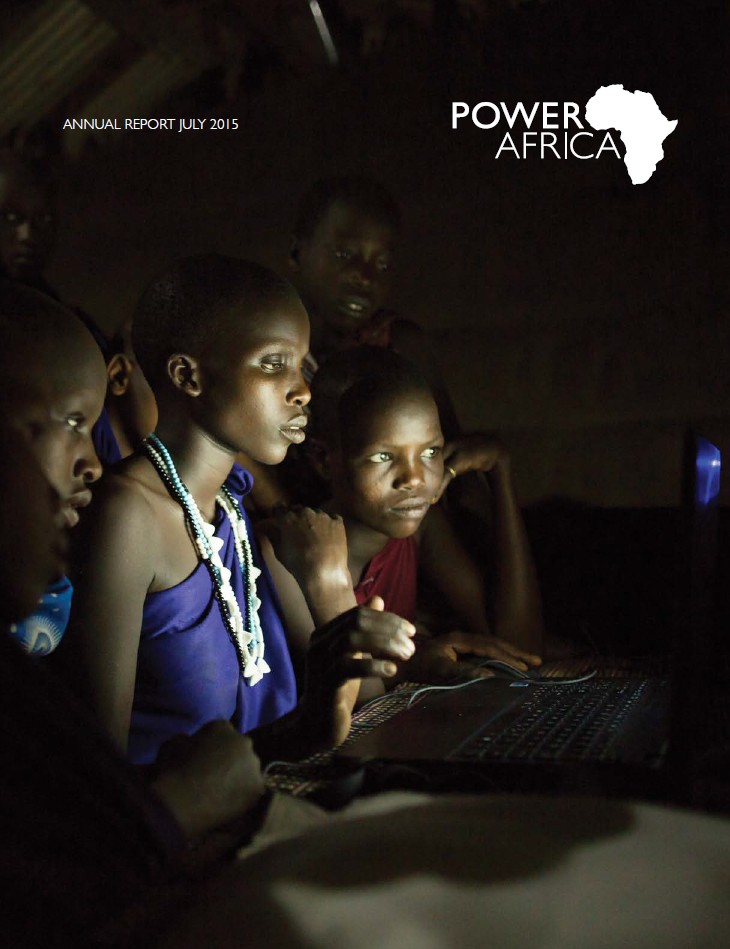
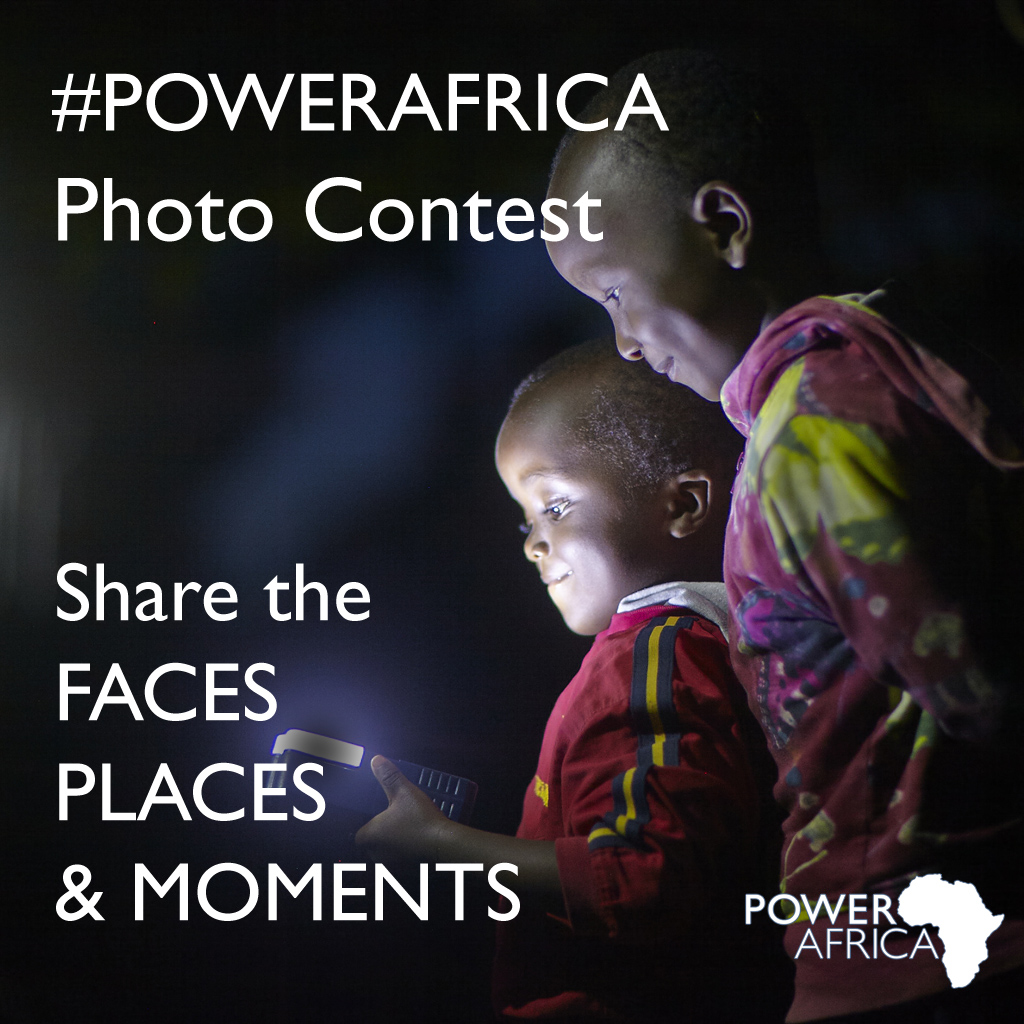
Comment
Make a general inquiry or suggest an improvement.